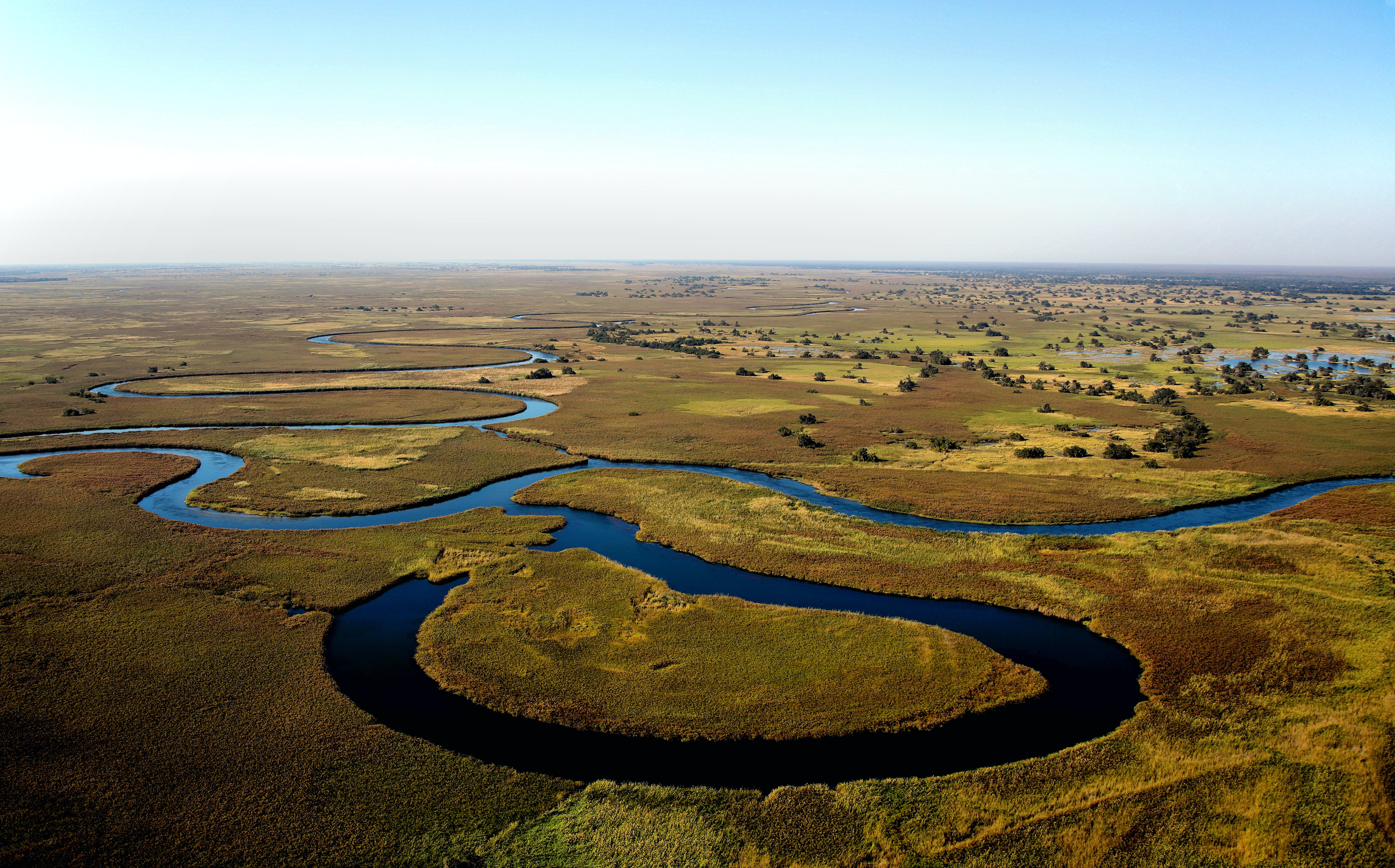Botswana villagers welcome Okavango Delta flood waters
Tourism industry, already plagued by Covid-19, is the only source of income in the region

Your support helps us to tell the story
From reproductive rights to climate change to Big Tech, The Independent is on the ground when the story is developing. Whether it's investigating the financials of Elon Musk's pro-Trump PAC or producing our latest documentary, 'The A Word', which shines a light on the American women fighting for reproductive rights, we know how important it is to parse out the facts from the messaging.
At such a critical moment in US history, we need reporters on the ground. Your donation allows us to keep sending journalists to speak to both sides of the story.
The Independent is trusted by Americans across the entire political spectrum. And unlike many other quality news outlets, we choose not to lock Americans out of our reporting and analysis with paywalls. We believe quality journalism should be available to everyone, paid for by those who can afford it.
Your support makes all the difference.By Solomon Tjinyeka for INK 24
Residents of Xaxaba settlement, an island located in the heart of Botswana’s Okavango Delta, are excited about the return of the annual floodwaters, as this will boost the struggling tourism sector.
The outbreak of COVID-19 had a devastating impact on the tourism industry and Xaxaba settlement was not spared, as there are no economic activities other than tourism-related practices in the area.
However, with the return of the annual floods, residents are hopeful that this will revive tourism, which is their backbone.
In an interview with the Village Development Committee, (VDC) Lekopanye Mokobela stated that things are turning up nicely as most community members are now engaged in tourism-related activities.
“We are happy that some of the community members have started making some income,” he stated, adding that the flood water reached Xaxaba in May and almost all the channels are full.
Mokobela stressed that Xaxaba residents endured the past two years, as everything they depend on was shattered by the dreaded Coronavirus, making it difficult for most people to earn a livelihood. He added that some community members engaged in bushmeat hunting to survive.
“Most of our people were making money through tourism related activities but after COVID-19 destroyed tourism, life was hard hence others resorted to poaching to survive,” he stressed.
Some were fishing to survive and depended on food handouts from safari companies and Good Samaritans. Xaxaba is located in wildlife management areas, where agricultural activities such as livestock rearing do not take place. Residents don’t plough crops because wild animals like elephants raid them.
He indicated that the return of tourism in the area means poaching incidents will be reduced, which is good for the community. Other tourism-related economic activities in Xaxaba are mokoro (traditional canoe) polers and basketry weaving.
Mokobela noted that more than 40 people eke out a living through transporting tourists into the Delta using traditional canoes.
“We have now started seeing most of the mokoro polers going back to their station transporting tourists into the Delta”, he said, adding that the money they get from tourists goes directly into their pockets and improves their lives.
He added that international tourists have started to visit Xaxaba to buy baskets and other locally-made products, mostly from elderly women.
“Now almost everyone, including basket weavers, is making some income which is a good thing,” he noted.
Mokobela said that with the return of the floods, residents experience transport challenges as all the roads get blocked by water and the only means of transport are by boat and air.
In case of medical emergency residents are airlifted to Maun thanks to some lodges near their settlement.
This article is reproduced here as part of the African Conservation Journalism Programme, funded in Angola, Botswana, Mozambique, and Zimbabwe by USAID’s VukaNow: Activity. Implemented by the international conservation organisation Space for Giants, it aims to expand the reach of conservation and environmental journalism in Africa, and bring more African voices into the international conservation debate. Read the original story here.
Join our commenting forum
Join thought-provoking conversations, follow other Independent readers and see their replies
Comments